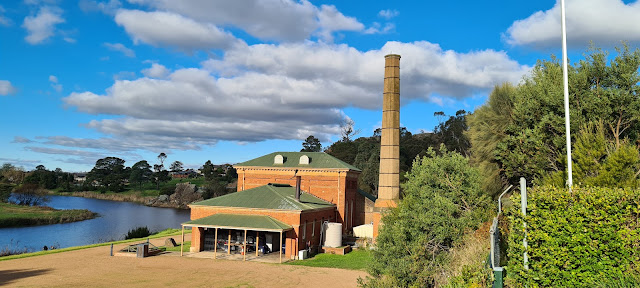 |
| Death of Socrates [Public Domain] |
 The Final Days of Socrates: Euthyphro, Apology, Crito and Phaedo by Plato
The Final Days of Socrates: Euthyphro, Apology, Crito and Phaedo by PlatoMy rating: 5 of 5 stars
...there is no release or salvation from evil except the attainment of the highest virtue and wisdom.
View all my reviews
 Donate
Donate







